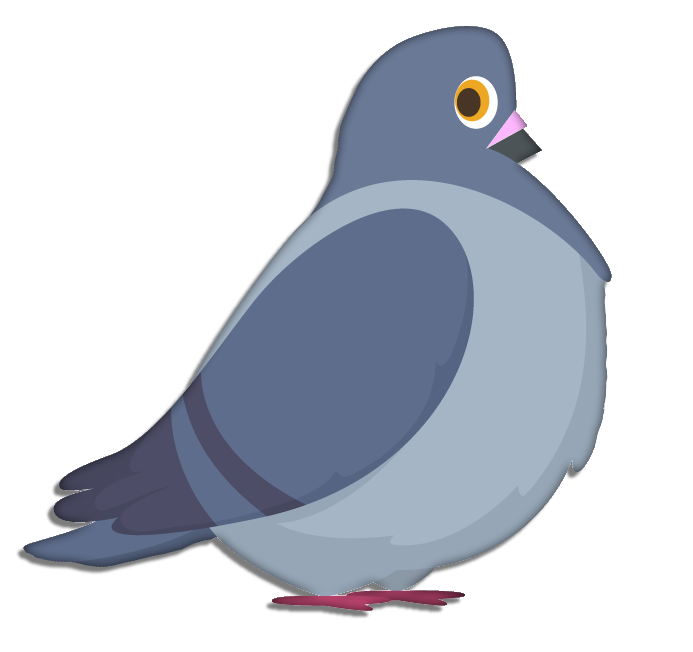1) A great editor is worth their weight in gold. Sadly, as writers, we don’t usually have the option of choosing our editors. I’ve worked with a few and can honestly say that not all editors are created equal. Let’s face it, our manuscripts are very precious to us and we don’t like the idea of someone tearing them apart. In some cases, it can feel as though they are tearing you apart. So before you go asking for a new editor, you have to separate yourself from your work. The goal is to make it better and you want someone who shares this goal. Talking to the editor and explaining your problems is always the first step. Communication is key.
2) If ever you need a reminder of how far you’ve come, go back and read your older works. I have really improved as a writer. Not to sound conceited—mind you, I’m not comparing myself to anyone but myself–but WOW! It’s very rewarding to look back at work you thought was top of the line and realize you can improve it. Actually improving it is very satisfying.
3) Know your grammar. I seem to be remembering all the things I forgot about high school and college grammar. I know I’m showing my age but look up Schoolhouse Rock. Conjunctions are your friends. Another thing I noticed while going back over my older works is a lot of short choppy sentences and short choppy paragraphs. I suspect short sentences are a beginning author mistake. So to all you newbies out there, brush up on your grammar. Don’t be afraid of commas and go over sentence structure. I recommend, Writer’s Digest Grammar Desk Reference. I bought this some years ago and really liked how quick and easy it was to look things up.
4) Breathing new life into an old work is exhilarating, so never let fear hold you back. However, there is such a thing as overdoing and revising the life out of something. So if you start getting frustrated and changing the same sentences over and over, it’s time to move on. This is where trusting a good editor (and critique partners) comes into play.
5) Fixing plot issues is fun! I love the challenge when an editor says this doesn’t work. Trying to figure out what’s missing is nearly as fun as the initial writing. Don’t let it frustrate you because where there is a will there is a way. Sometimes the best plan of action is to step back and let the ideas gel. You’ll be surprised at how many start coming to you.
6) Don’t be afraid to cut. I know it’s scary, but sometimes cutting stuff is truly the best thing for the story. I tend to be long winded, so cutting to me is not a huge ordeal, but I know some writers fret about it. Remember the goal is to make the story stronger and make it flow better. You want to keep the reader reading not make the reader slog through a page and a half of stuff that isn’t really important to the story or the character development. If they have to slog, they are likely to stop reading altogether.
7) It’s not good to edit before writing. It takes a different skill set and is difficult to shift focus. If you have to write after you edit, you should take a break first. Let your mind get into that creative mode.


